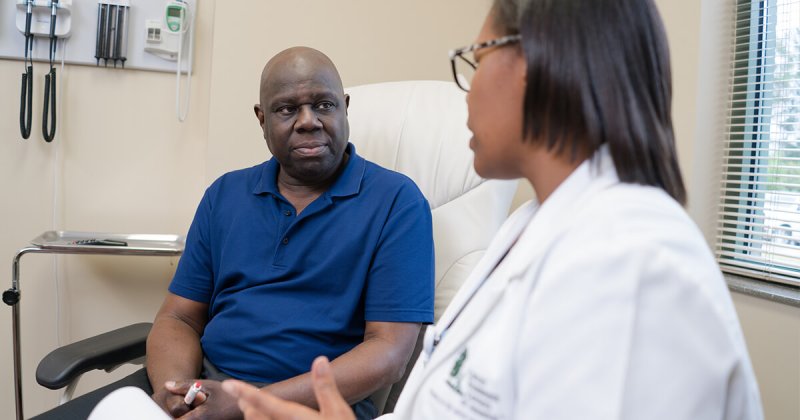More than half of neurooncologist Josh Rubin’s pediatric brain cancer patients over his 25-year career have been boys.
…
About a decade ago, curious if his and his colleagues’ experiences were backed by data, Rubin turned to national registries for cancer incidence and outcome. The data revealed that, “indeed, for decades it’s been documented that . . . overall, males get more cancer than females,” he says.
…
Over the past few years, researchers have begun to characterize cancer-linked cellular differences between males and females. In 2017, for example, a group at Harvard Medical School and the Broad Institute of Harvard and MIT identified a handful of tumor suppressor genes that escape X-chromosome inactivation in tumor cells from female patients, and are thus more highly expressed in females than in males. Carrying two copies of the X chromosome gives females a “double dose” of the tumor suppressors compared with levels resulting from the single gene in XY males.
…
“In an era where people love to talk about personalized medicine, [the fact] that personalizing to a person’s sex has not been part of that conversation is incredible to me,” [says Rubin.]
Read full, original post: Why Is Cancer More Common in Men Than in Women?































